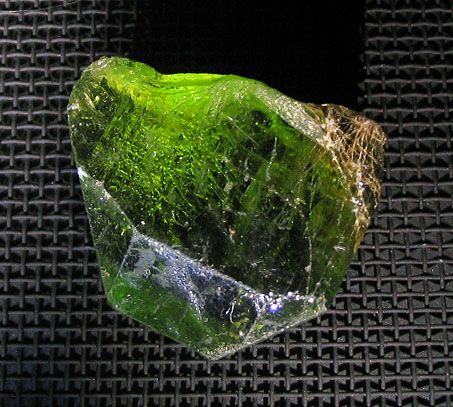Site du lycée De Baudre | Accueil Euro Physique Chimie | IPCC| Climate change
Adding rocks to oceans could de-acidify water and save coral
Lien vers l'article
Scientists are currently looking for ways to slow down
ocean acidification. One of the means discovered would be spreading an ore,
olivine, on the coasts. The oceans of our blue planet have become 25% more
acidic since the industrial revolution. A consequence of the excess of CO2
in the air which then forms carbonic acid (HCOOH) by dissolution.
Unfortunately, this acidification is a great threat to the marine ecosystem
(such as corals, mussels, sea urchins, etc…). The elaboration of shells and skeletons
is much more difficult because of this strong acidification.
To remedy this
acidification, Francesc Montserrat, sea researcher at the Royal Netherlands
Institute, studies olivine. This stone natively eliminates acidity in water by
exchanging its magnesium ions (Mg2+) for H+ ions, a
factor of acidity when placed in seawater. According to studies, this solution was
already considered for the atmosphere, large quantities would be needed to have
a global effect. When olivine is applied in small doses: the pH increases.
This
has no harmful effect on life, however at higher amounts it becomes harmful to
life by releasing nickel and induces a drastic increase in pH. This process
needs to be finalised and legal issues need to be resolved since materials
cannot be dumped into the sea. “And one of the key issues to be addressed is
whether the effects of olivine could be reversed if it started to harm the
environment”.
 Aram Dulyan (User:Aramgutang), Public domain, via Wikimedia Commons
Aram Dulyan (User:Aramgutang), Public domain, via Wikimedia Commons
 Aram Dulyan (User:Aramgutang), Public domain, via Wikimedia Commons
Aram Dulyan (User:Aramgutang), Public domain, via Wikimedia Commons